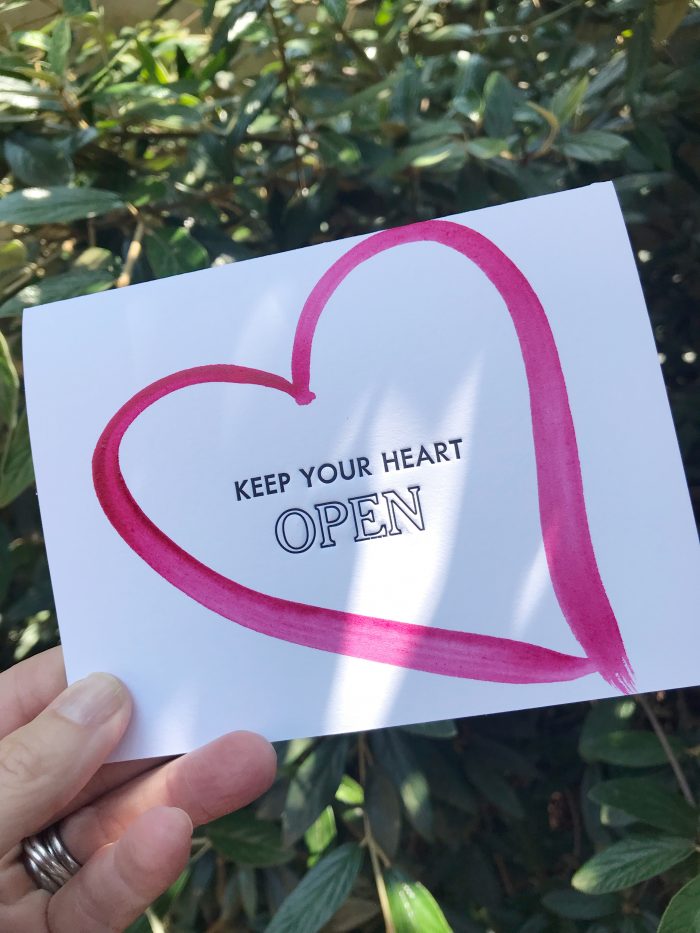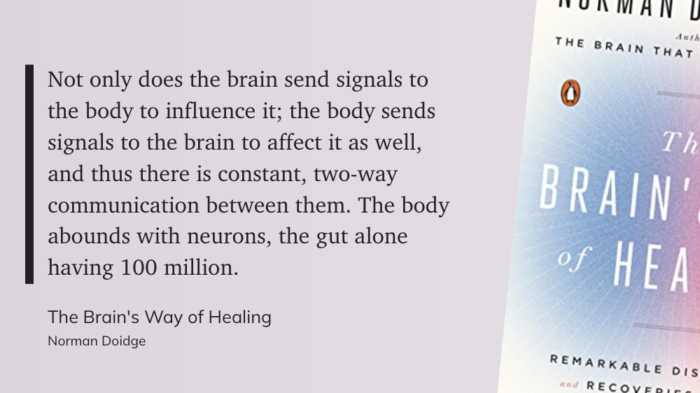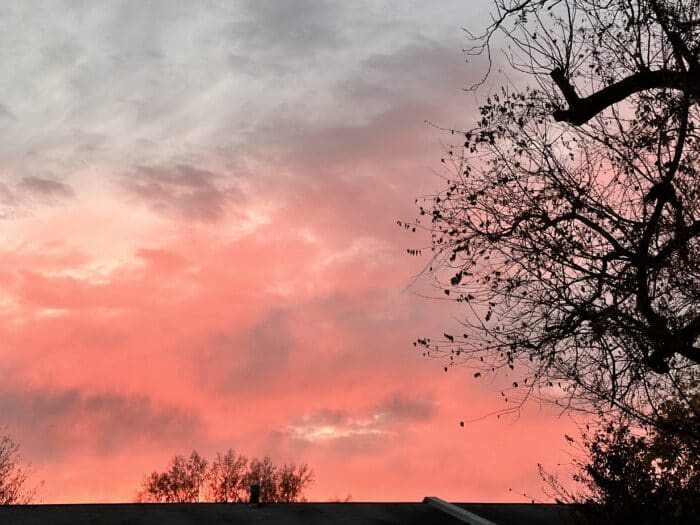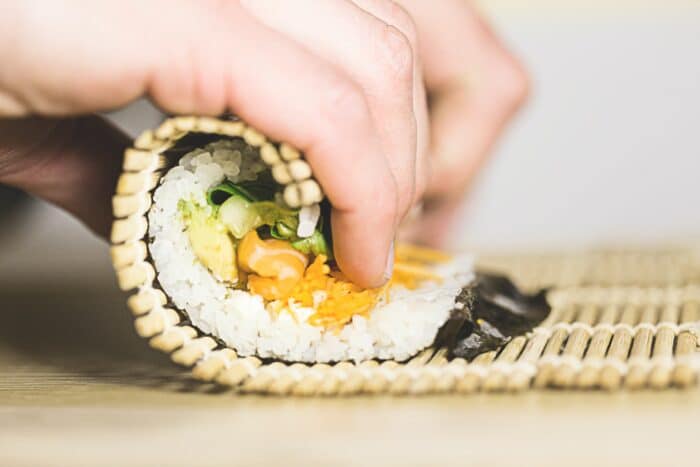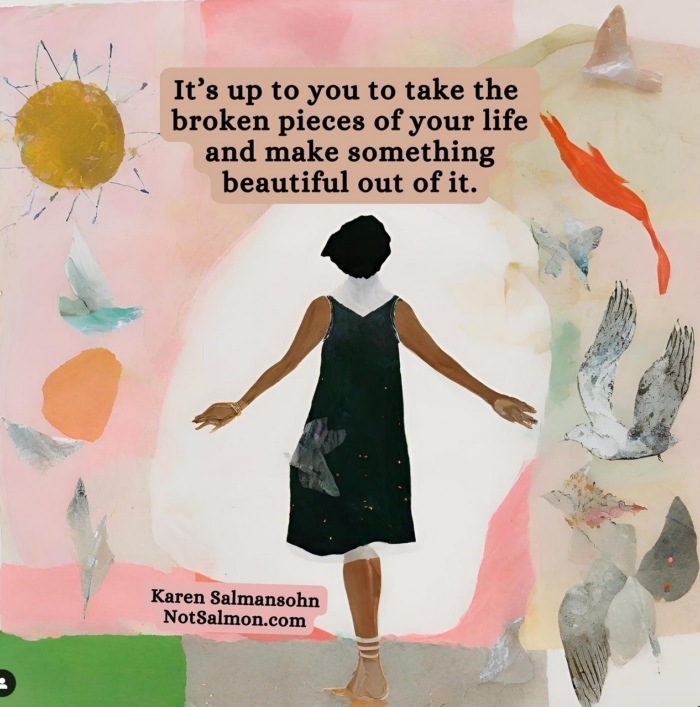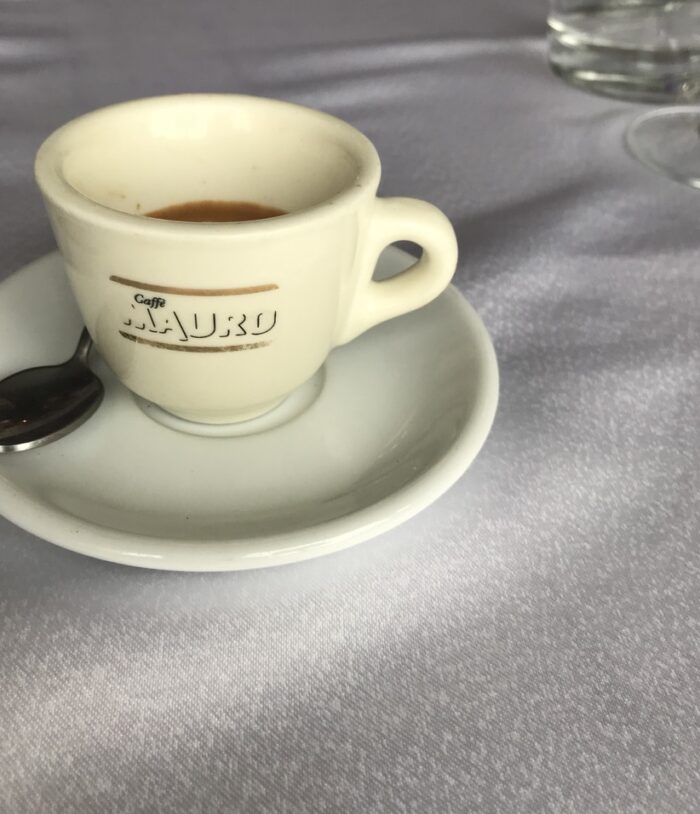
I am back to my morning routine, and it’s amazing how much better I feel. First, coffee and reading, then exercise and a podcast. This is followed by some journal writing (usually throw it away after I’ve finished.) Then a healthy breakfast and I’m ready to start the day.
I wonder why it has taken me so long to get back to the routine. But a friend shared this today, and it makes sense:
“Life is a series of seasons, and what works in one season may not work in the next.
What season are you in right now? What habits does that season require?”
– James Clear
My winter/spring seasons require my morning routine.
Other tidbits I’ve been reading/thinking about:
- A quote from Jocelyn’s newsletter:
I’ve mentioned before in this newsletter how, at the end of my morning meditation, I often ask my angels/teachers/guides/ancestors, What would you have me know today?
Jocelyn K. Glei
- How do you tell your own story?
- 9,500+ book recommendations from the most successful and interesting people in the world.
- And, finally, the concept of “after.” When I was a runner, I didn’t enjoy running. I loved the half-marathons when I did well, when I could measure my time against myself and others, and I loved when I finished. So I began to say the word “after” whenever I wanted to quit, sometimes even in the middle of a practice run. These days, I often have to say the word to myself when I am facing a busy weekend (after the weekend, I will have my alone time), or when it’s too cold to walk the dog but I need to go out (after the walk, I’ll be glad I did it). Somehow, just saying the word helps me remember that hard things end, eventually. And often I am glad I did them.
Later, friends….

